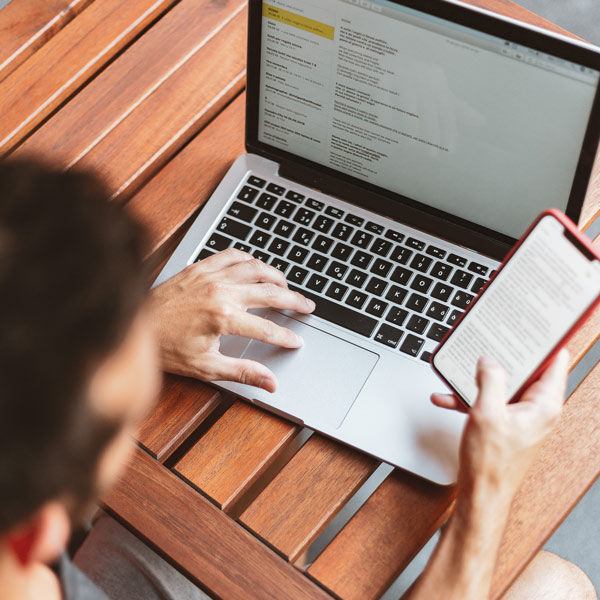Buy assets and equipment
Your business will need special assets and equipment to succeed. Figure out which assets you need, how to pay for them, and whether you should buy government surplus.
Know the assets and equipment you need
Business assets fall into three broad categories: tangible, intangible, and intellectual property. Depending on the asset type, you’ll have to decide whether you want to buy or lease assets for your business. The first step is figuring out which assets will help your business succeed.
- Tangible assets — like buildings, vehicles, and equipment —are used for regular business activity and lose value over time. Things like printer paper, which get used up, typically don’t get counted as assets. Count tangible assets on your balance sheet as property or equipment.
- Intangible assets are the things you can’t touch — like your business reputation, your brand, or your business partner’s influential network. You don’t list these on your balance sheet and it’s often difficult or impossible to sell them for cash. But they can still contribute to the overall value of your business.
- Intellectual property is a type of intangible asset that includes trademarks, patents, logos, websites, domain names, and software. Intellectual property is often protected by copyright or trademark protection.
Decide to lease or buy
Once you’ve determined all the assets you need for your business, you can decide how you’d like to acquire them.
Lease
Leasing can be a good option if you need to quickly get a lot of equipment, or if the equipment you need is very expensive. Commercial space can also be leased, so you can rent a place to run your business. In some cases, leasing can actually be less expensive than purchasing with a high-interest loan.
Leasing has benefits:
- Needs less cash or credit upfront
- Short-term leases let you test out the equipment
- Maintenance is sometimes included at no extra cost
- Lease payments for business assets are typically tax deductible
Leasing also has disadvantages:
- The lifetime cost is normally higher than buying
- Replacing it when the lease is up could be expensive
- Depreciation of leased assets typically isn’t tax deductible
- Every lease can be structured differently, so look into the details of your offer to make sure you’re getting something that works for you.
Confirm the details of a lease
There are two general kinds of leases: operating leases and capital leases. Since the accounting treatment is different, the kind of lease you use can have a significant impact on your business taxes.
- Operating leases work like a traditional rental. You don’t own the asset, so it doesn’t get added to your balance sheet. Payments are considered operational expenses. You generally don’t take on maintenance, risk, or tax obligations for the asset.
- Capital leases work more like a loan. For accounting purposes, you own the asset. It does get added to your balance sheet, and you can claim depreciation and interest expenses. You also take on all maintenance, risk, and tax obligations for the asset.
- There are other factors to look at, too. Leases sometimes have buyout options that let you fully purchase the asset at the end of the lease. The length of a lease can vary, and shorter leases typically have higher monthly payments. If you want to leave a lease early, you could face steep early-termination penalties.
You might want to ask an attorney to review a lease with you before signing, especially if any of the terms or conditions are unclear.
Buy
Buying equipment can be a good option if you have enough cash or credit available and you’re confident you’ll be using the assets for a long time.
Buying has benefits:
- You can claim depreciation on your taxes
- The lifetime cost to buy is usually less than leasing
- You can count it as an asset on your balance sheet
Buying also has disadvantages:
- Needs more cash or credit upfront
- Less opportunity to “test out” the asset
- You could be fully liable for maintenance and replacement
Buy with cash or credit
If you buy your assets with cash, you’ll own it in full right away. But it also means you’ll have less cash available to cover operating expenses. Make sure you’ve done your accounting homework, and that you can actually afford to pay with cash.
Loans can give you some of the same benefits of leases by distributing the total cost over a longer period. However, you’ll pay more in fees and interest than buying outright with cash.
You might be able to leverage lines of credit with your bank or look for other sources to get more funding for your business.
Consider buying government surplus
Purchasing surplus goods from the government can be easy and affordable. Just about any tangible asset, your business might need is sold by the government at or below what you’d pay on the open market.
When a federal or state agency has extra equipment, seized goods, or foreclosed property, the goods are either transferred to another government agency or sold to the public. These items are sold “as is”by auction or negotiated sale either online, in-person, or both. State governments tend to have a single auction site online, while the federal government has several.
Use this list of federal government auction sites to start your search.

